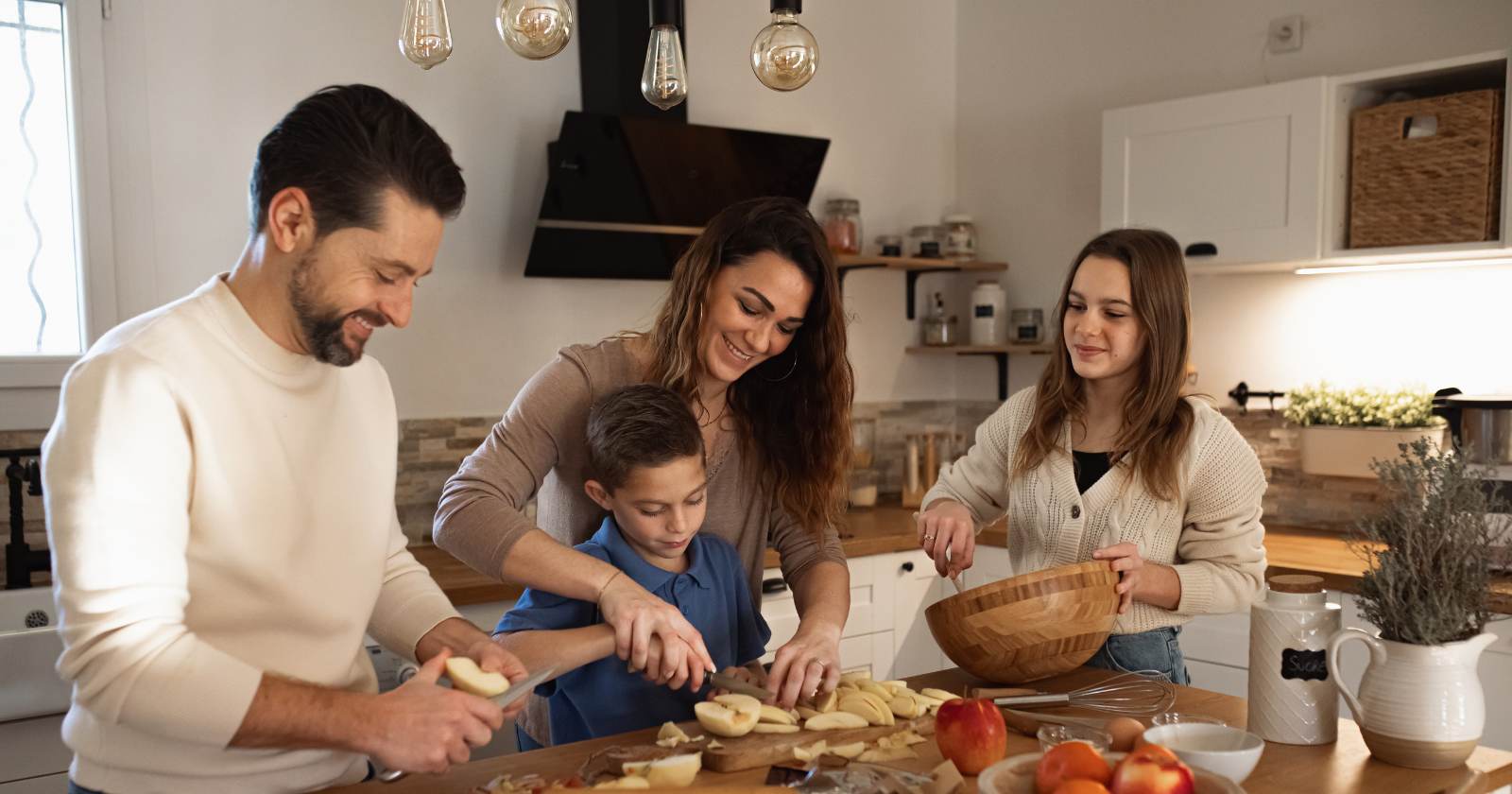There’s something calm and steady about people who were raised with quiet confidence. They don’t need to be the loudest in the room or constantly proving themselves.
They just seem grounded, like they trust who they are and what they can handle.
As I’ve grown older, I’ve realized that kind of self-assurance often starts at home.
What matters isn’t the family’s income or background, but the small, almost invisible lessons that shape how a child sees themselves.
Here are nine subtle lessons I’ve noticed upper-middle class parents tend to pass on, lessons that build confidence without the need for applause.
1. They teach that effort matters more than image
In many families, kids are told to “do their best.” But in homes where confidence grows quietly, that phrase has weight. Parents notice the process, not just the outcome.
Research shows that praising kids for being smart can actually hurt their motivation more than praising them for working hard.
When children are valued for effort, they develop a sense of control. They learn that progress comes from persistence, not perfection.
When my middle son was in high school, he once failed a math quiz he had studied hard for. I told him I was proud of how disciplined he had been in preparing.
The grade didn’t define him; the effort did. Later, he told me that small comment helped him keep trying even when school got tougher.
Quiet confidence is built one “keep going” at a time.
2. They model calm under pressure
I’ve noticed that upper-middle class parents often handle stress differently. They don’t hide that life can be overwhelming, but they model regulation instead of reaction.
Kids watch closely. They absorb how we respond to setbacks like a delayed flight, a broken appliance, or a disagreement.
When parents pause, breathe, and problem-solve instead of panic, children learn composure.
It reminds me of something I once heard in a parenting class: “Children learn more from our state of being than from our words.” That truth stays with me every time I feel my temper rise.
Calm doesn’t come naturally to every parent, but it grows when we practice it in front of our children.
3. They involve kids in decisions that affect them
When children have a voice, they learn that their opinions matter. Simple things like letting them choose what to wear for an event or help plan a family outing show trust.
- People who always say “sorry to bother you” before asking for anything share these 7 distinct traits - Global English Editing
- 8 things boomers consider basic hospitality that younger generations experience as overwhelming pressure - Global English Editing
- Psychology says men who are deeply unhappy in life often display these 9 behaviors without realizing it - Global English Editing
Psychologists at the University of Illinois found that kids do better in school academically, socially, and motivation-wise, when their parents are more involved, no matter their age, background, or income level.
True involvement means connection, the kind that helps a child feel seen and supported.
When parents include kids in decision-making, they’re sending a subtle message: You belong in this conversation. That message lingers long after childhood.
4. They normalize talking about emotions
Growing up, I didn’t always have the language to explain how I felt. So when I became a mom, I wanted my kids to know that feelings weren’t off-limits.
I remember one evening when my youngest came home upset about a friend argument. Instead of trying to fix it, I said, “That sounds painful.” He didn’t need advice; he just needed acknowledgment.
That small moment mirrored something I recently read in Laughing in the Face of Chaos by Rudá Iandê.
He writes, “Our emotions are not barriers, but profound gateways to the soul—portals to the vast, uncharted landscapes of our inner being.” His insights reminded me that emotional openness is strength, not softness.
By teaching kids to feel without fear, we raise adults who can handle life’s messiness with grace.
5. They let kids see them apologize
Confidence doesn’t come from always being right. It comes from being secure enough to admit when you’re wrong.
I used to think apologizing to my children would make me seem weak. But when I started doing it, like the time I unfairly snapped during a stressful week, I realized it built something deeper: trust.
Children who see their parents take responsibility learn humility without humiliation. They understand that relationships aren’t about control; they’re about repair.
That quiet understanding becomes one of the most stabilizing forms of confidence.
6. They celebrate small acts of contribution
I’ve noticed that many upper-middle class parents make a point to thank their children for helping, whether it’s setting the table or showing kindness to a sibling.
That may seem trivial, but it builds respect. It tells a child, “You’re seen. What you do matters.”
When I thanked my sons for helping out, they sometimes looked surprised at first. But over time, I noticed them doing thoughtful things without being asked.
Gratitude multiplies that way. It turns effort into pride, and pride into purpose.
7. They encourage curiosity over conformity
Confidence doesn’t bloom in sameness. It grows when kids are allowed to ask questions, experiment, and even disagree.
Upper-middle class parents often teach that it’s okay not to know everything and that exploration itself has value.
I used to love watching my boys take apart old gadgets, even when I knew they’d never put them back together.
That spirit of curiosity reminds me of something Iandê emphasizes in his book: that “you have both the right and responsibility to explore and try until you know yourself deeply.”
The more we let children explore without rushing to correct them, the more capable and self-assured they become.
8. They teach self-respect through boundaries
Confidence shows up not only in our willingness to say yes, but also in our courage to say no.
Parents who model boundaries show children that it’s okay to protect their time, needs, and energy. Setting those limits teaches emotional intelligence and self-awareness.
When my eldest started working part-time in college, I reminded him that rest was as important as productivity. He told me later that saying no to overwork helped him perform better and feel happier.
Kids who learn that self-respect isn’t selfish tend to grow into adults who know their worth without needing to prove it.
9. They show unconditional love, not conditional approval
Perhaps the most powerful lesson of all is love that doesn’t depend on achievement.
Children who know they are loved “no matter what” develop a steady inner voice. They don’t crumble under criticism or chase endless validation because they already feel secure in their value.
When my sons were little, I tried to make sure they heard those words often, but more importantly, that they felt them.
Whether it was a bad report card or a rough day, I wanted them to know love wasn’t a performance-based prize.
That certainty becomes the foundation for quiet confidence, the kind that doesn’t need an audience.
Final reflections
Looking back, I see that confidence doesn’t come from pushing children harder. It comes from grounding them deeper.
It’s in the conversations around the dinner table, the small thank-yous, the willingness to listen when they’re struggling. It’s in how we respond, not react.
As parents, we don’t have to be perfect. We just have to be present.
Because the lessons that last aren’t shouted or scheduled. They’re lived, one calm and caring moment at a time.



